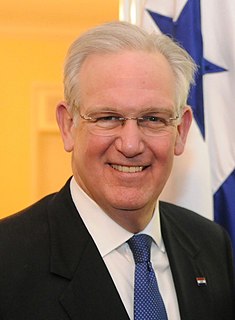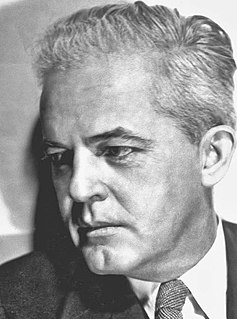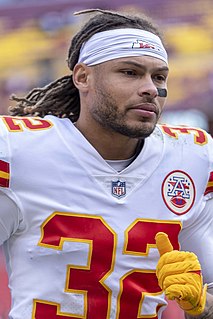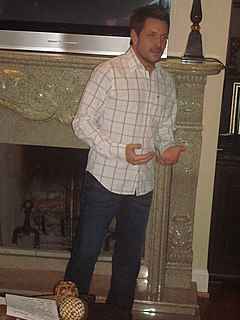A Quote by Nina Easton
When I visited the Water Institute's Baton Rouge offices overlooking the Mississippi River, I couldn't find a drop of the charged politics that drives so many environmental conversations in Washington.
Related Quotes
Clearly we're in historic times here. We have - one of the tributaries of the Mississippi River is a river called the Merrimack. And the crest areas there - they're going to be a number of feet, 2, 3, 4, over what they were in '93 or '82. And on the Mississippi River itself, down below St. Louis, we're still projecting a couple of feet over that historic number. So the bottom line is there's a significant amount of water that's causing evacuations and challenges throughout that whole area.
The river itself has no beginning or end. In its beginning, it is not yet the river; in the end it is no longer the river. What we call the headwaters is only a selection from among the innumerable sources which flow together to compose it. At what point in its course does the Mississippi become what the Mississippi means?
Actually, when I think about growing up, I feel most affected by two travels that I made working in cargo boats when I was 16 and 18. One of them crossed through the Mississippi and Baton Rouge and Mobile, Alabama, and another went all the way to Europe. On the last trip, I stayed in Europe for one year with $1,000, working everywhere I could, doing everything. Those years shaped me a lot and taught me the value of exploring different things.































